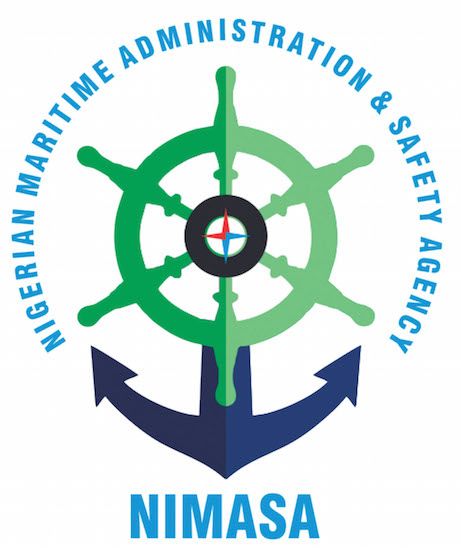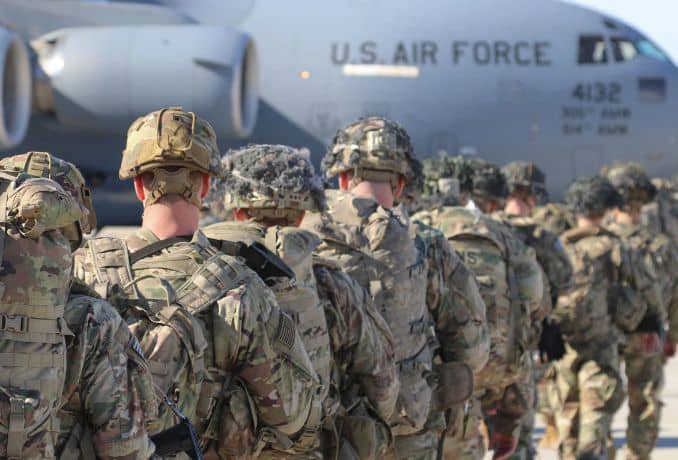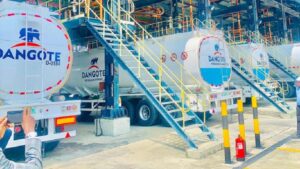NIMASA Shuts ShellPlux, TMDK Terminals Over ISPS Code Violations
The Nigerian Maritime Administration and Safety Agency (NIMASA) has shut down ShellPlux and TMDK terminals in the Ijegun-Egba area of Lagos over persistent violations of the International Ship and Port Facility Security (ISPS) Code.
NIMASA, which serves as the Designated Authority (DA) for implementing the ISPS Code in Nigeria, said the enforcement action followed repeated non-compliance by the affected facilities despite several formal warnings.
According to a statement issued Thursday by the agency’s Head of Public Relations, Osagie Edward, the closure is in line with global best practices and in accordance with Section 79(f) of the ISPS Code Implementation Regulations (2014), which authorises the shutdown of any facility that remains non-compliant for more than three months.
Director General of NIMASA, Dr. Dayo Mobereola, said the action was taken as a last resort, stressing the agency’s commitment to securing Nigeria’s maritime domain.
“In wielding the big stick, we acted only as a last resort. Our primary goal is to enforce safety and security practices across Nigerian ports and jetties,” Mobereola stated. “At a time when we are collaborating with the United States Coast Guard to lift the conditions of entry on vessels from Nigeria, we cannot afford lapses that jeopardise our progress.”
He assured that the affected facilities would be reopened once they meet all compliance requirements, noting their significant role in trade and service delivery.
Mobereola added that the Minister of Marine and Blue Economy, Adegboyega Oyetola, remains committed to promoting sustainable trade facilitation in a safe and secure maritime environment.
The ISPS Code, an amendment to the SOLAS Convention, was developed by the International Maritime Organization (IMO) to strengthen maritime and port security, particularly at facilities involved in international trade.















Post Comment